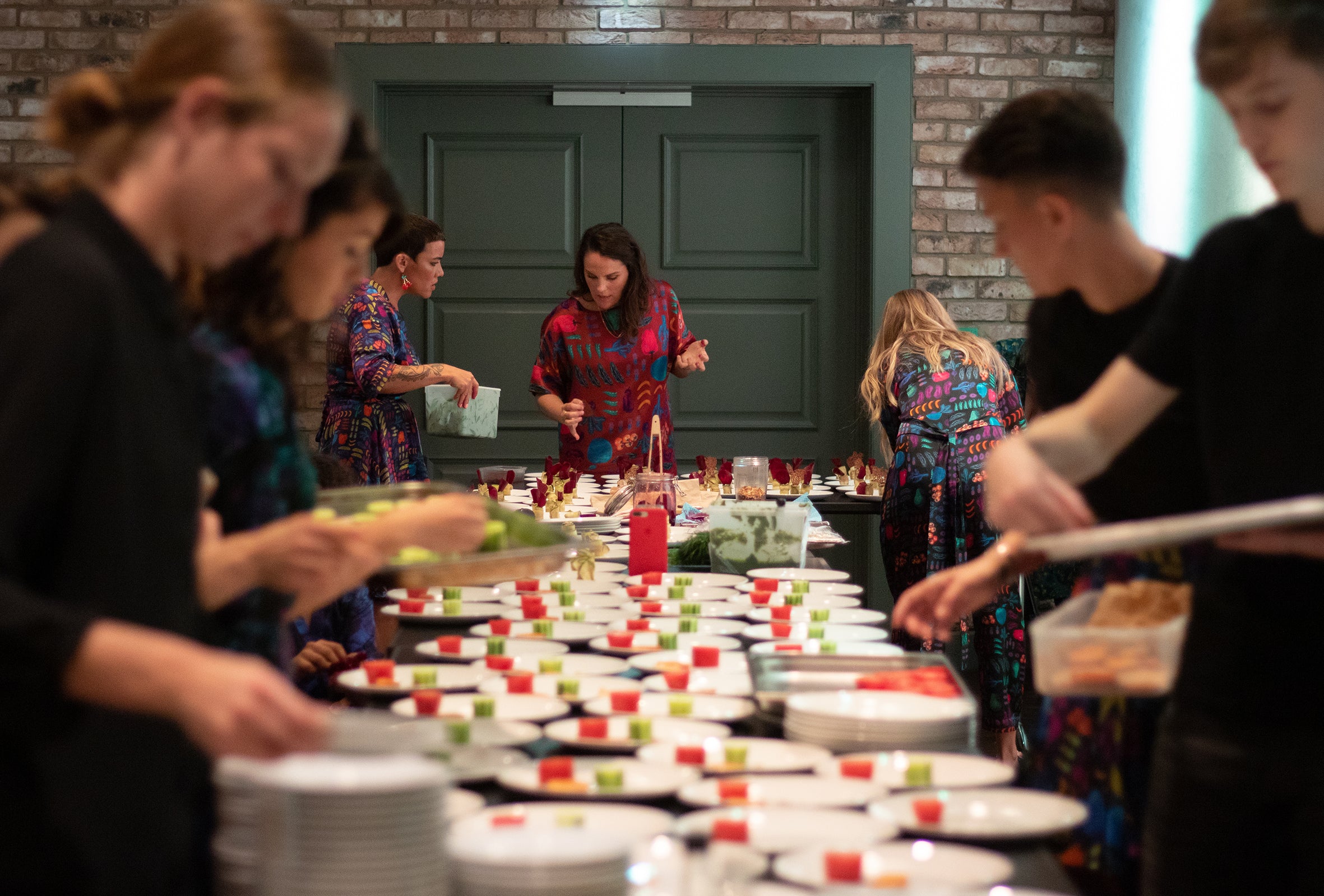The Pesticide Issue.

The food sector is a huge industry not just here in Britain, but globally. Producing the food we eat to meet increasing demand has meant that pesticides have become invaluable to farmers and companies growing the crops that we consume. The Food and Agriculture organisation of the United Nations estimates that, in developing countries, 80% of the necessary increases in food production to keep pace with population growth, are predicted to come from increases in yields of crops being farmed on the same land but at a faster rate rather than expanding the current farm land.
Pesticides are used to prevent large crop losses so will continue to play a role in the agricultural industry. However, the effects on humans and the environment from exposure to these pesticides are a growing concern. They are potentially toxic to humans depending on the way and quantity in which a person is exposed to them. Pesticides are among the leading causes of death by self-poisoning, particularly in low- and middle-income countries. Agricultural workers who apply these pesticides are the most at risk of suffering the acute and chronic health effects that can be caused by the toxins in the pesticides. People in the immediate area where pesticides are used are also at risk, along with the general population who can be exposed to pesticide residues through food and water. Often, the pesticides used in growing produce to kill certain pests also reach destinations that they are not intended for. They contaminate the air, ground and water when they runoff from fields, escape storage tanks and are not discarded properly. Some older, cheaper pesticides can remain in the soil and water for years, and although they have been banned from use in developed countries, they are still used in many developing countries.
Due to their toxicity and deliberate use being spread in the environment, their production and distribution require strict regulation and control. The use of pesticides to produce food for both local populations and for exporting, should comply with good agricultural practices regardless of the economic status of a country. Farmers should limit the quantity of pesticide used to the minimum amount necessary to protect their crops. The latest government report from The Expert Committee on Pesticide Residues in Food showed from their sample taking a whole host of different produce that contains residues at or below the maximum residue limit:
- Cauliflower 14%
- Carrots 26%
- Kiwi fruit 47%
- Peppers 50%
- Lettuce 53%
- Apples 80%
- Parsnips 87%
- Oranges 93%
- Pears 93%
- Cherries 95%
- Lemons and limes 96%
In the Pesticide print of our Food for Thought Collection, the larger the amount of spray that can be seen covering the produce, the higher the percentage of samples tested positive with these pesticide residues. This is to give you a visual representation of which produce is safer and which foods you need to be more aware of when not buying organically.
Right from the start of our lives and often without knowing, we are ingesting a large amount of chemicals. Pesticides are now in most products, and out of all the produce tested by The Expert Committee on Pesticide Residues in Food, the ones that tested with the highest residues were; Beans with pods, Okra, Rice, Poultry meat and most shockingly, infant formula. It is essential that we have the facts on what we are releasing not just into the environment, but our own bodies!
Despite the benefits that pesticides have for helping to grow crops, under certain circumstances it is possible for food to be grown without them, especially as they damage the environment and can in turn have a negative effect on the production of crops. Nitrogen fixation is a process by which nitrogen in the air is converted into ammonia, an important and necessary process for the growth of many large plants, and one that is hindered by pesticides that can be found in the soil. This can actually lead to a large decline in crop yields. Applying pesticides to crops that are in bloom can also kill honeybees, a devastating side effect which not only leads to a decline in their population, but also decreases crop reproduction as honeybees act as pollinators for these plants.
Although Pesticides within food were designed to eliminate risks to crops and create bigger yields, their use decreases the general biodiversity in the soil. Without these chemicals, the quality of the soil is higher allowing for higher water retention, something which is necessary for plants to grow.
So how can you help yourself and the planet, avoiding these chemicals?
Eat local and eat in season.
Buying organic produce helps farmers to maintain the soil quality and not have to resort back to chemicals. Even though it is more expensive, showing your support and demand for organic produce deters farmers from switching to using pesticides to keep up with competition.
Where there is not the option for you to eat organic, you can also peel or wash fruits and vegetables to limit your intake of pesticide residues as well as harmful bacteria.
What else?
Talk about it. Word of mouth is powerful, so the next time someone compliments you on what you are wearing tell them all about the cause - get rid of that awkward small talk.
Purchasing ones of the item donning the Pesticide print from our Food for Thought Collection also means you’ve donated back to SeedsShare, a London based non-profit founded by Esiah Levy, whose mission is to get people growing their food in season, using organic and heirloom harvested seeds. So, thanks a bunch from all of us! Keep doing your bit.
Big love,
Gung Ho x



